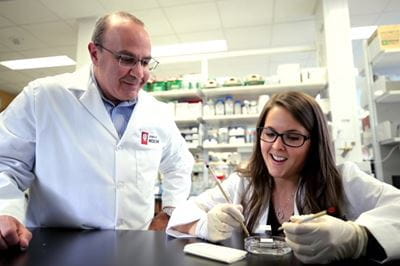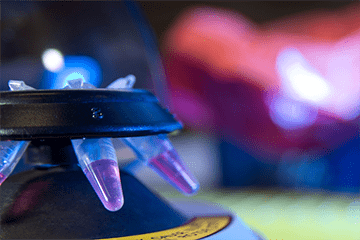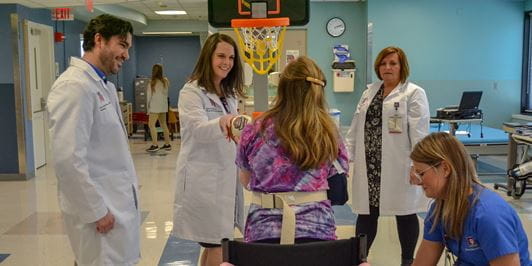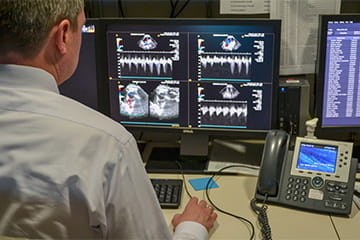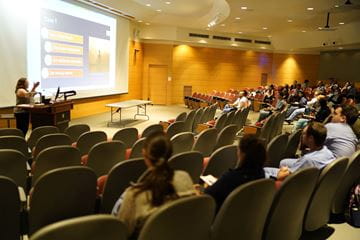Clinical pharmacology deals with the study of medications in humans and their effective, safe, and economic use in patients. The Department of Medicine Division of Clinical Pharmacology at Indiana University School of Medicine has expertise in several areas of clinical pharmacology. The division is also home to the Indiana Institute for Personalized Medicine.
